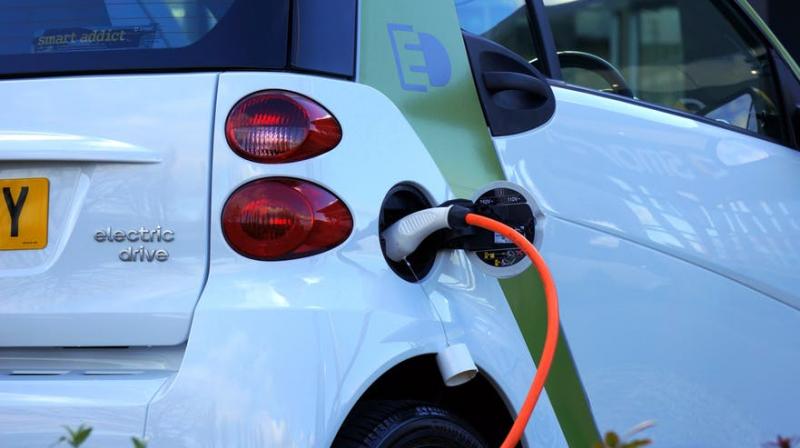Union Budget 2019: Boost for e-mobility; auto industry left high and dry

PUNE: While lauding support to the electric mobility to pick up speed for a clean air and green India, the automobile industry, the third largest employer in the country, said this would not help the automotive industry in emerging from the current steep slowdown.
The Budget gave a boost to popularise electric vehicles or EVs by lowering the GST rate on electric vehicles from 12 per cent to 5 per cent. Also, to make electric vehicle affordable to consumers, the government will provide additional income tax deduction of Rs 1.5 lakh on the interest paid on loans taken to purchase electric vehicles. This amounts to a benefit of around Rs 2.5 lakh over the loan period to the taxpayers who take loans to purchase electric vehicle.
“These measures and the exemption in customs duty on electric vehicle parts will certainly help in making EVs more affordable and attractive to the
consumers, but it is disappointing that the government has not recognised the distress in the auto sector and not come out with any kind of support or stimulus,” Rajan Wadhera, president at the Society of Indian Automobile Manufacturers, the top lobby body, said.
The industry had expected that a voluntary scrappage policy would be announced which did not happen, he pointed out.
There was also no announcement of extension of the 200 per cent weighted deduction for R&D expenses, Wadhera, also president, Automotive Sector at Mahindra and Mahindra, India’s largest utility vehicles maker, said.
“In fact, increasing the duties on auto parts and putting an additional cess on petrol and diesel could drive up costs of vehicles, specially where volumes are low and localisation in not viable and the overall cost of operations of transport which could further aggravate the slowdown in the industry,” he cautioned.
“We were expecting specific measures in the Budget to revive growth in the auto industry but we are disappointed,” Ashish Harsharaj Kale, president at Federation of Automobile Dealers’ Associations, said.
He said an addition of cess Rs1 on petrol and diesel might impact auto sales, especially in the price sensitive two-wheeler segment.
However, a spend of Rs 80,250 crore for upgradation of roads under PM Gram Sadak Yojna would definitely boost commercial vehicle sales and with better connectivity will have a rub off effect on overall rural auto sales in the long term, Mr Kale pointed out.

